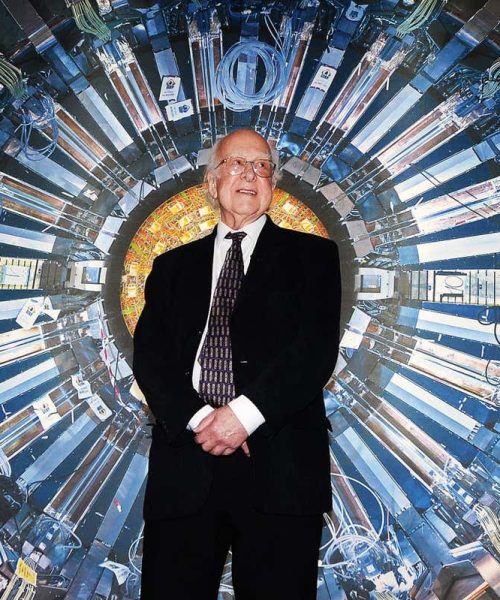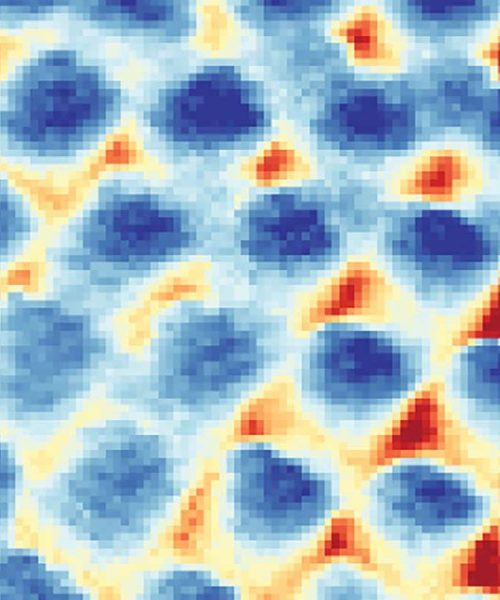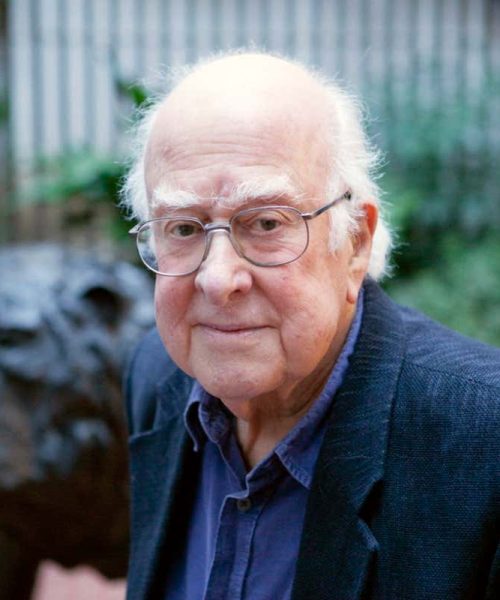
Nabil NEZZAR
JONATHAN OPPENHEIM likes the occasional flutter, but the object of his interest is a little more rarefied than horse racing or the one-armed bandit. A quantum physicist at University College London, Oppenheim likes to make bets on the fundamental nature of reality – and his latest concerns space-time itself.
The two great theories of physics are fundamentally at odds. In one corner, you have general relativity, which says that gravity is the result of mass warping space-time, envisaged as a kind of stretchy sheet. In the other, there is quantum theory, which explains the subatomic world and holds that all matter and energy comes in tiny, discrete chunks. Put them together and you could describe much of reality. The only problem is that you can’t put them together: the grainy mathematics of quantum theory and the smooth description of space-time don’t mesh.
Most physicists reckon the solution is to “quantise” gravity, or to show how space-time comes in tiny quanta, like the three other forces of nature. In effect, that means tweaking general relativity so it fits into the quantum mould, a task that has occupied researchers for almost a century already. But Oppenheim wonders if this assumption might be mistaken, which is why he made a 5000:1 bet that space-time isn’t ultimately quantum.
New Scientist caught up with him to find out what makes him think conventional wisdom might be misguided here, how the question might be resolved with experiments – and why physicists love a good wager.
Joshua Howgego: Is it fair to say that most …





